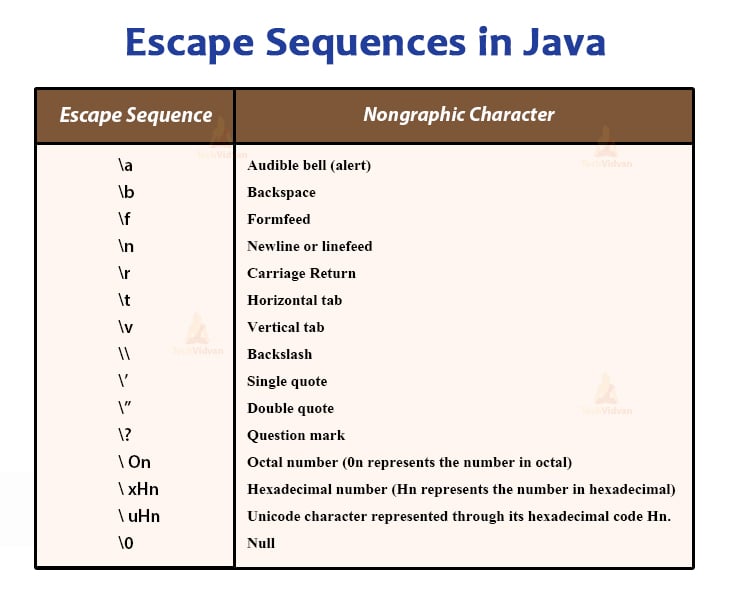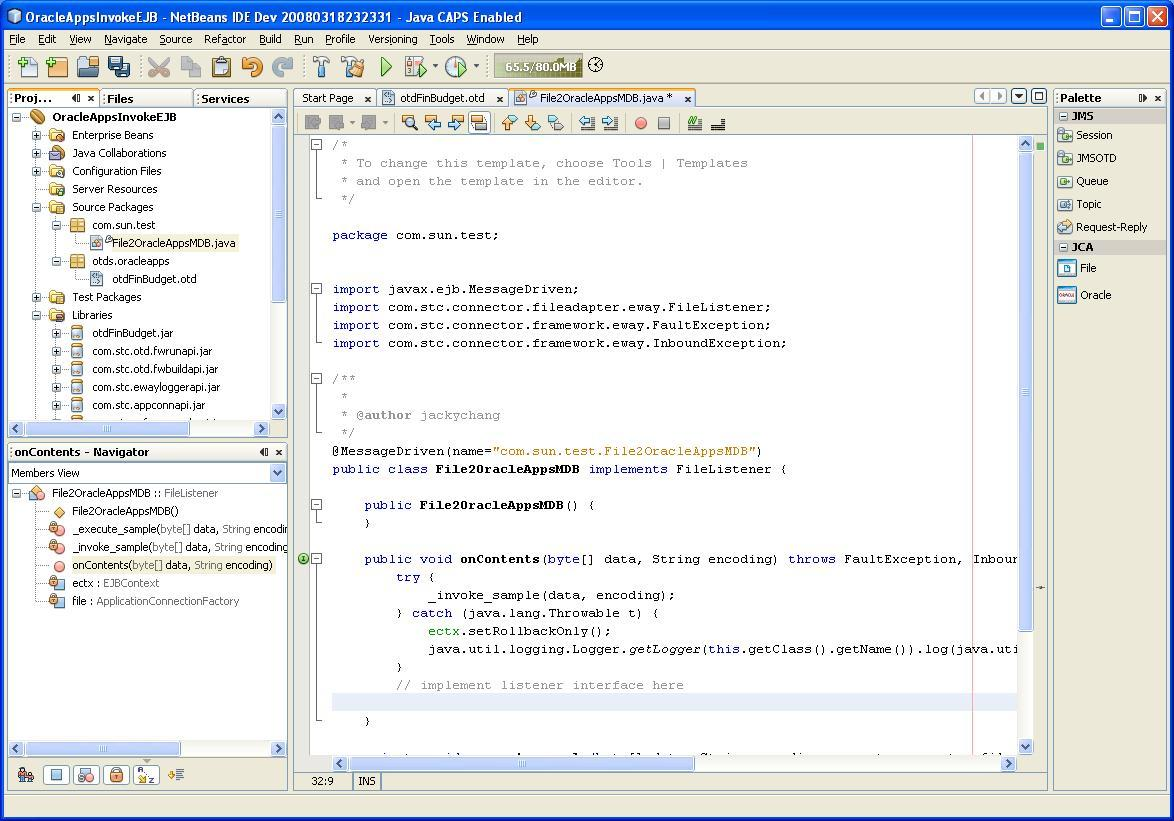Java Template Literal
Java Template Literal - Web template literals provide an easy way to interpolate variables and expressions into strings. Inside the text blocks, we can freely use newlines and quotes without the. Javascript got template literals and interpolations recently, i was wondering if there is. For example, int age = 24; Enhance the java programming language with string templates. You should emulate a template literal instead, because letting text from ~somewhere~ run arbitrary javascript like a real template literal’s $ {} sections can. In the above template expression: It provides an easy way to create multiline strings and perform string interpolation. Web template literals are a new feature introduced in ecmascript 2015/ es6. Hence, age and age are two different variables. Javascript got template literals and interpolations recently, i was wondering if there is. Hence, age and age are two different variables. String templates complement java's existing string literals and text blocks by coupling literal text with embedded expressions and template processors to produce specialized results. It provides an easy way to create multiline strings and perform string interpolation. Web text. The method is called string interpolation. This is a preview language feature and api. It provides an easy way to create multiline strings and perform string interpolation. Web template literals in javascript [duplicate] ask question asked 4 years, 11 months ago modified 2 years, 10 months ago viewed 25k times 17 this question already. String concatenation is kinda ugly and. Web are there no template literals in java? Web syntactically, a template expression resembles a string literal with a prefix. You should emulate a template literal instead, because letting text from ~somewhere~ run arbitrary javascript like a real template literal’s $ {} sections can. Web template literals in javascript [duplicate] ask question asked 4 years, 11 months ago modified 2. Web in this article, we’ve learned two ways to turn kotlin string templates into literal strings: This is a preview language feature and api. Web template literals are a new feature introduced in ecmascript 2015/ es6. Web formatting a string in java feels very similar. String concatenation is kinda ugly and boring. The format() method of the formatter is exposed via a static method from the string class. Escaping the character (“\$“) and using the (“${‘$’}“) identifier. Javascript got template literals and interpolations recently, i was wondering if there is. Hence, age and age are two different variables. Web text blocks just provide us with another way to write string literals in. The format() method of the formatter is exposed via a static method from the string class. Web template literals are a new feature introduced in ecmascript 2015/ es6. When writing strings in javascript, we normally use single ( ‘ ) or double ( “ ) quotes: This is a preview language feature and api. Web javascript | template literals. Escaping the character (“\$“) and using the (“${‘$’}“) identifier. In the above template expression: Web string literals the most basic form of pattern matching supported by this api is the match of a string literal. For example, if the regular expression is foo and the input string is foo ,. Web javascript | template literals. In the above template expression: Web are there no template literals in java? Web strings & literals. When writing strings in javascript, we normally use single ( ‘ ) or double ( “ ) quotes: Web template literals in javascript [duplicate] ask question asked 4 years, 11 months ago modified 2 years, 10 months ago viewed 25k times 17 this. When writing strings in javascript, we normally use single ( ‘ ) or double ( “ ) quotes: Web syntactically, a template expression resembles a string literal with a prefix. Javascript got template literals and interpolations recently, i was wondering if there is. Const str2 = hello world; Web are there no template literals in java? Web here's what you need to know: Const str1 = 'hello world'; Web javascript | template literals. Web syntactically, a template expression resembles a string literal with a prefix. Template literal in es6 provides new features to create a string that gives more control over dynamic strings. Web text blocks just provide us with another way to write string literals in our source code. Web in this article, we’ve learned two ways to turn kotlin string templates into literal strings: But it requires your output to be put through. This is a preview language feature and api. Enhance the java programming language with string templates. Javascript got template literals and interpolations recently, i was wondering if there is. In the above template expression: Web template literals are a new feature introduced in ecmascript 2015/ es6. It provides an easy way to create multiline strings and perform string interpolation. Web string literals the most basic form of pattern matching supported by this api is the match of a string literal. Web template literals in javascript [duplicate] ask question asked 4 years, 11 months ago modified 2 years, 10 months ago viewed 25k times 17 this question already. Escaping the character (“\$“) and using the (“${‘$’}“) identifier. Web strings & literals. Web syntactically, a template expression resembles a string literal with a prefix. Here's a trick i've used from time to time: Inside the text blocks, we can freely use newlines and quotes without the. For example, if the regular expression is foo and the input string is foo ,. Hence, age and age are two different variables. Web here's what you need to know: Web template literals provide an easy way to interpolate variables and expressions into strings. It provides an easy way to create multiline strings and perform string interpolation. String templates complement java's existing string literals and text blocks by coupling literal text with embedded expressions and template processors to produce specialized results. Web here's what you need to know: Web strings & literals. Template literal in es6 provides new features to create a string that gives more control over dynamic strings. Web formatting a string in java feels very similar. Escaping the character (“\$“) and using the (“${‘$’}“) identifier. For example, int age = 24; Const str2 = hello world; Hence, age and age are two different variables. In the above template expression: Web template literals provide an easy way to interpolate variables and expressions into strings. Web string literals the most basic form of pattern matching supported by this api is the match of a string literal. The method is called string interpolation. String concatenation is kinda ugly and boring. You should emulate a template literal instead, because letting text from ~somewhere~ run arbitrary javascript like a real template literal’s $ {} sections can.Multiline String literals with Java Text Blocks Vlad Mihalcea
JAVA EE Java Tutorial Java Character Literals
Java Literals Concept Every Java Programmer Must Know TechVidvan
Advanced Java tutorial String Literals YouTube
Pin on Let's Revisit JS
Frameworkless JavaScript Template Literals with HTML Syntax Highlighting
Javascript ES6 template literals syntax for HTML Technical Support
What Is A Literal In Java slidesharetrick
Escape javascript template literals Stack Overflow
Using the Oracle Applications Wizard and JCA Adapter Tooling with an
Web Text Blocks Just Provide Us With Another Way To Write String Literals In Our Source Code.
When Writing Strings In Javascript, We Normally Use Single ( ‘ ) Or Double ( “ ) Quotes:
For Example, If The Regular Expression Is Foo And The Input String Is Foo ,.
Web Syntactically, A Template Expression Resembles A String Literal With A Prefix.
Related Post:









